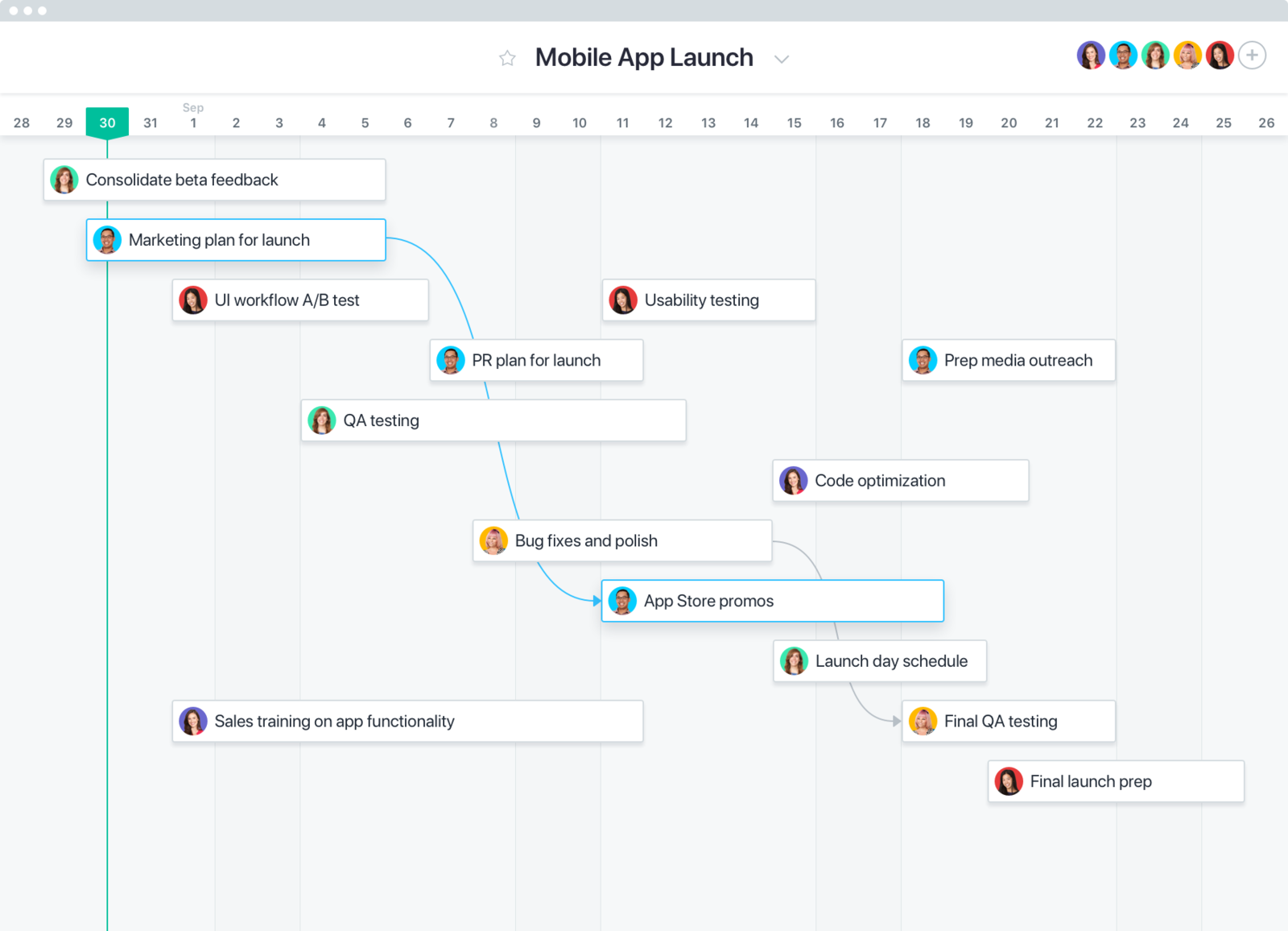BONUS EBOOK: Understanding and Implementing Agile
There is often plenty of news about high profile business projects succeeding and others dramatically failing. To execute a successful project requires much more than just dedication, and many obstacles can often hinder that progress.
When projects do fail, there can be several reasons for poor execution. In particular, unsatisfactory leadership and team management with no clear direction on completing a project. With this in mind, organisations should always implement sound project management principles and experienced project management staff.
How is Project Management different to traditional management?
What makes project management dissimilar from traditional 'management' is that there is a finite amount of time to implement and complete a project, regardless of whether it is being introduced simultaneously or incrementally across several teams. Project Management also usually has a final deliverable to reference, whereas traditional management is an ongoing process with an indefinite end.
In simple terms, project management is a critical discipline that involves completing tasks to achieve predetermined steps towards completing a project. Managers must ensure that they properly initiate, plan, execute, and control a team of skilled people towards achieving milestones or a set number of goals.
Successful project managers can often use more than one type of project management tool or task management software and have the knowledge and technical skills to understand the different methodologies used to meet project requirements. They are often simultaneously reflecting the values of a business and incorporating that into the product, service or working conditions, which can add value and contribute to a successful project.
Why is Project Management important?
The stark contrast between Project Management and any other form of repetitive operations is that projects have four essential elements:
- Scope - This first element refers to the project's scale, the expectations, and the project's different requirements
- Time - This involves the durations of small or large tasks, schedules, project progress, and much more that impact a project's length
- Money - While time and resources play an essential part in starting and finishing a project, money has a significant impact on every aspect of project completion. For instance, purchasing more materials or components to ensure that there are enough resources available to paying team members salaries are just some examples of how money can positively or negatively influence a project
- Resources - This does not only mean having staff resources. It also involves having a supply of equipment, software to manage and control tasks effectively, hardware, skilled employees and materials
Because project management requires professionals to have an array of skills, most of which tend to be a combination of technical and people management skills, having sound business awareness is just as essential and is often the primary skill most graduates lack, according to The University of Edinburgh.
What is Project Management Software?
With the increase in remote working, Project Management Software is commonly used to aid teams in planning, creating and implementing strategies, administering the scope, setting clearly defined goals, and managing the project budget to obtain tangible results that are cost-effective and efficient.
Using project management software can help ease the process of implementing strategies or managing small or large teams. Online tools such as Asana, Microsoft To-Do and Trello can help managers streamline their project management process and amend any organisational flaws.
Project Management in Asana
Here are four reasons why using project management online tools are resourceful:
- They aid in managing project budgets: While projects do not always have budgetary needs, some do, and when they do, it is best to identify them in the same place. Using project management software, you can help businesses monitor their budget alongside project resources and data
- Project Data: One of the advantages of using project management software is how easy it is to document and report on a project's progress, especially when it comes to large scale and expensive projects
- Managing multiple teams: Managing more than one team might seem daunting, but with the project management software, it is possible to manage different teams working across several projects
- Project communications: communication is essential when it comes to successful project management. Team members can use the software to help organise and incentivise a team's communication if teams have difficulty speaking up about their needs, deadlines, and pitfalls
Project Management Courses
Aside from a plethora of project management online tools to choose from, there are also websites such as Coursera, Udemy and edX where people interested in learning about project management can understand how it works and undergo free online training courses.
There are no requirements needed to start an online course, and generally, most students end up obtaining a certificate at the end of their study.
Most online courses cover various project management study fields; Scrum Development, Applied Scrum for Agile Project Management, How to Budget and Schedule Projects, Understanding the Fundamentals of Project Management, and Project Launch.
In conclusion, project management covers activities across all sorts of industries, and each project manager comes with different styles and methods to attain results. When implemented successfully, project management is a critical business tool that can help with product growth and the business development process.




